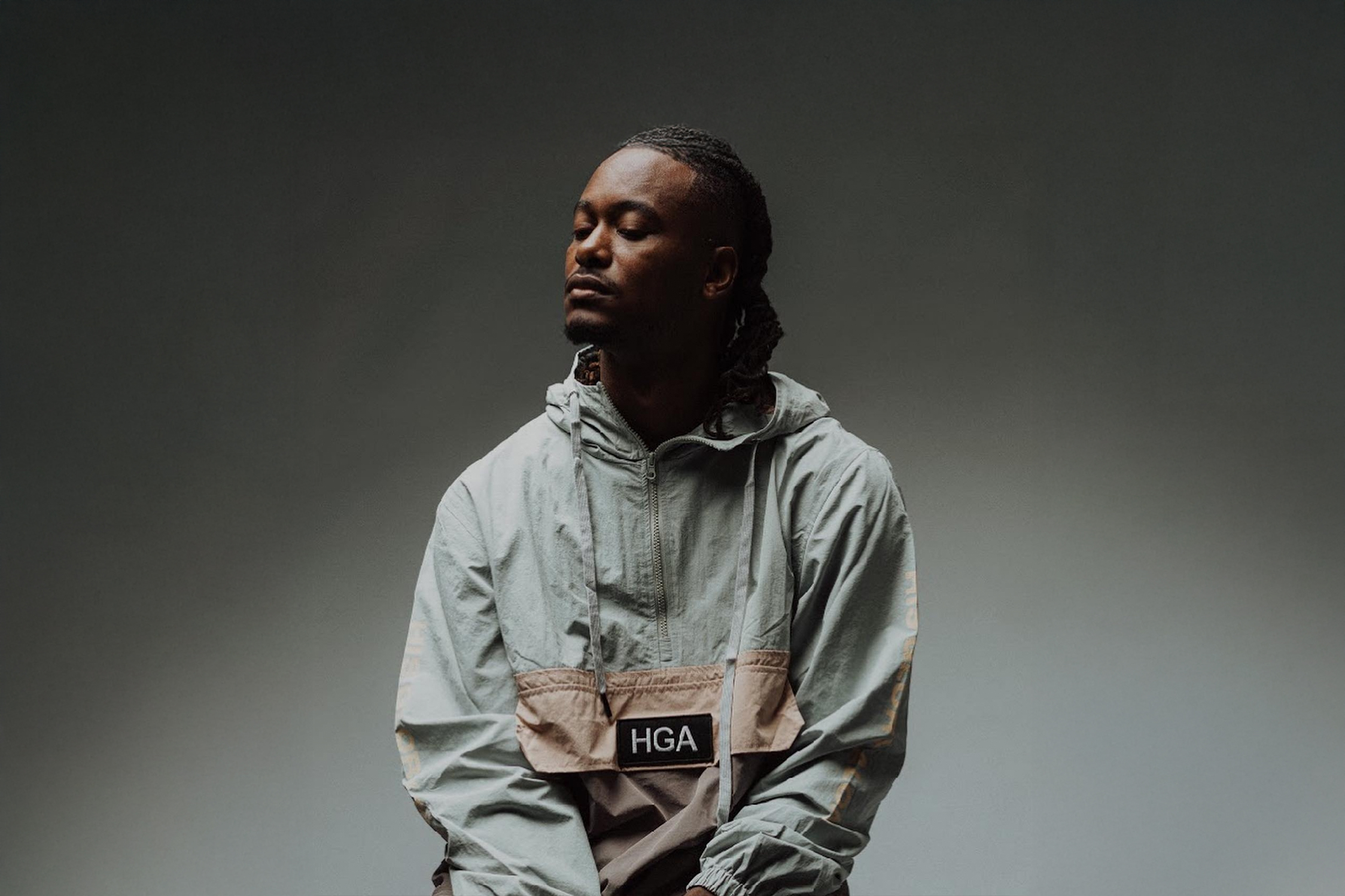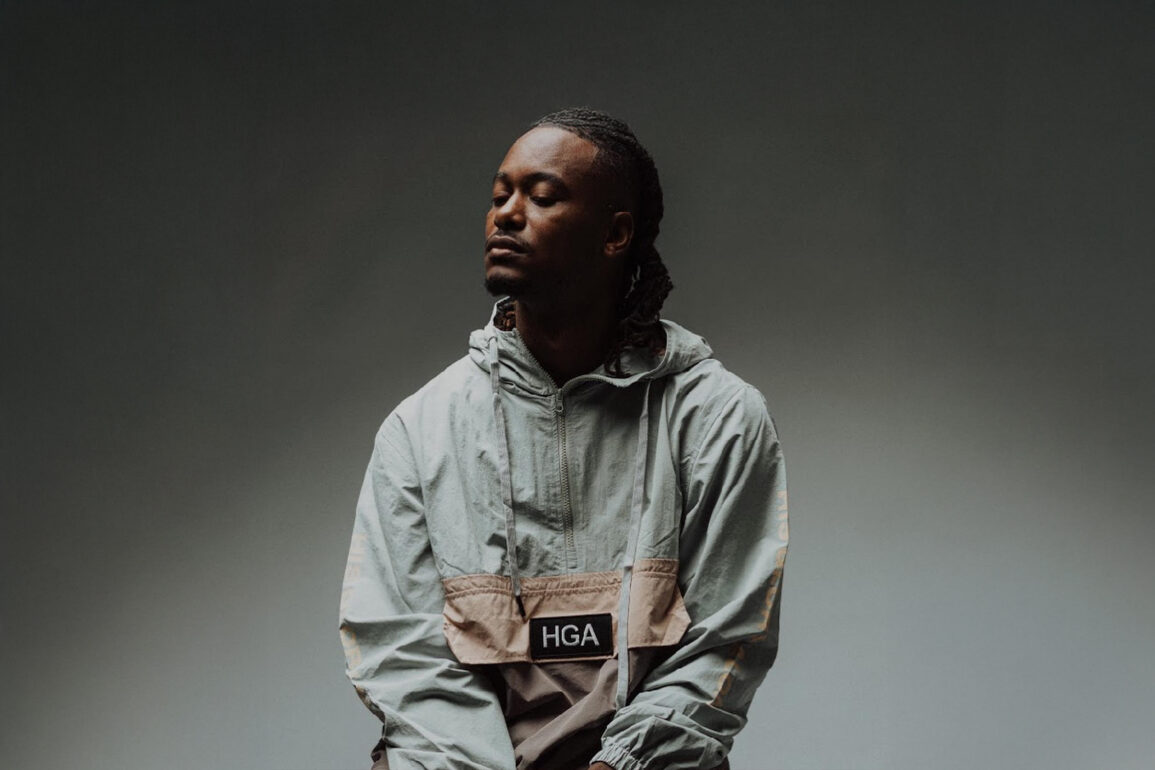
In a culture where masculinity still gets measured by silence, rapper KB is handing the mic to vulnerability.
He’s not just another artist talking about mental health because it’s trendy. He’s been in the trenches — navigating therapy, fatherhood and the messiness of faith — and he’s not sugarcoating the process. For KB, healing isn’t a hashtag. It’s survival.
“When I told my wife, ‘I need help,’ that was the most courageous thing I did all year,” he said. Not a performance, not a press tour. A moment of raw honesty in a world where men are trained to keep quiet until it kills them.
And that’s not an exaggeration.
“Our men are taking their own lives at a rate that has exceeded all the major wars in modern history,” KB said, citing a crisis hiding in plain sight. “Men have been socialized to not be in touch with their emotions.” The results are devastating — and predictable.
KB wants to change that. And he’s starting by talking about the thing most men are taught to avoid: therapy.
“I think it’s a privilege to be able to have that,” he said. “If your insurance doesn’t cover it, you’re out of pocket. It’s expensive.” Access, he said, shouldn’t be a luxury. It should be a lifeline.
He’s not wrong. Mental health care is still financially out of reach for millions, especially in communities of color. That’s why KB isn’t just advocating therapy on a personal level — he’s pushing for systemic change. Churches, insurance companies, governments — he wants them all to step up.
“We need to support doctors of the soul as well as doctors of the body,” he said.
KB’s story isn’t a clean, post-therapy redemption arc. It’s ongoing. Messy. Real.
“I talk about wrestling with being a father — and being fatherless,” he said. There’s a wound there, one that doesn’t heal just because you’ve become what you never had. “There’s still a child inside of you that went through something that is still animating,” he said. That kid shows up in conflict, in fear, in moments you thought you’d outgrown.
But now, KB is learning to name it.
“Being able to identify what is happening in your heart with a term is so helpful,” he said. Whether it’s abandonment, impostor syndrome or ego — naming it gives you something to fight. “Now we know what we’re aiming at.”
And that’s where faith comes in.
His relationship with God isn’t some prosperity-gospel self-help slogan. It’s a grounding force.
“My faith has been a refuge,” KB said. “When I’m feeling overwhelmed, I turn to prayer and Scripture. It’s a reminder that I’m not alone in this.”
In a faith culture that often treats struggle like a branding opportunity, KB’s theology is refreshingly unfiltered: God doesn’t erase the storm — he sits with you in it.
KB is also clear about his limits.
“The older you get, the more you learn how not in control you are,” he said.
That realization doesn’t come easy — especially for someone with a platform, fans and expectations to meet. But it’s become central to how he lives.
“I am dependent in a lot of ways,” he said.
That includes depending on community. Not just church attendance, but real connection.
“Community friendships, spiritual advisory from shepherds and leaders, and good therapy” — that’s his personal support system. And he urges others to build their own. Healing, he said, was never meant to be a solo project.
Music has been part of that healing too. For KB, writing lyrics isn’t just creative expression — it’s survival.
“Creating music is my way of processing what I’m going through,” he said.
His tracks carry the weight of everything he’s unpacking in therapy.
“When I share my story, I hope it resonates with others who are facing similar battles.”
And people are listening. Because the reality is, young adults are tired of hustle culture, spiritual bypassing and emotional isolation. They want honesty. They want language for what they’re feeling. They want to know it’s OK to not have it together.
KB doesn’t pretend to have all the answers. What he has is experience — and the courage to talk about it. That alone makes him an anomaly in the space where Christian culture, hip-hop and mental health collide.
“There are so many people who are walking through this stuff alone,” he said. He’s determined not to be one of them — and to make sure others know they don’t have to be either.
This isn’t just about therapy. It’s about reclaiming the definition of strength. And according to KB, it starts with the most radical thing a man can say:
“I need help.”
This post was originally published on this site be sure to check out more of their content.







